Owning a villa in Italy can be a dream come true. It offers a perfect retreat with mesmerizing landscapes and rich culture. Yet, maintaining such a luxurious property requires attention and care. Regular maintenance not only preserves the beauty of your villa but also enhances its value and the enjoyment of your stay.
Imagine waking up to a stunning, meticulously kept garden or lounging by a pristine pool that’s always ready for a dip. These little touches make all the difference. From keeping the plumbing in top-notch condition to ensuring the HVAC system functions seamlessly, each aspect of your villa deserves your attention.
But don’t let that intimidate you. With some planning, taking care of these essentials can actually be quite manageable. A well-maintained villa offers aesthetic pleasure and peace of mind, free of unexpected repairs and headaches.
Key Takeaways
- Regular maintenance preserves the beauty and value of your villa.
- Attention to gardens, pools, and key systems ensures enjoyment and peace of mind.
- Proper care prevents unexpected repairs and disruptions.
Regular Cleaning
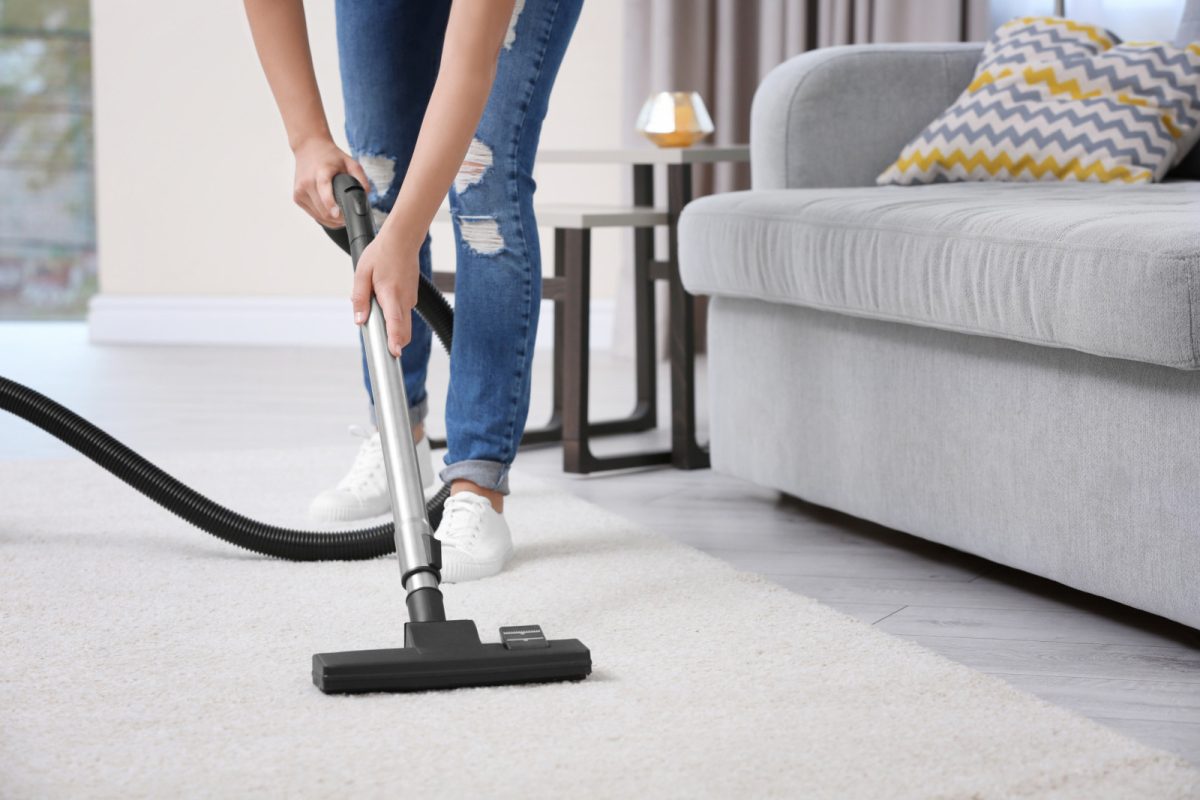
Keeping your Italian villa in top-notch shape starts with regular cleaning. This isn’t just about appearances; it’s about creating a healthy and inviting environment for guests.
Daily chores might include dusting, vacuuming, and mopping the floors to remove dirt and allergens. Remember to wipe down surfaces and windows to ensure the villa sparkles in the Italian sunlight.
Essential Tips for Regular Cleaning
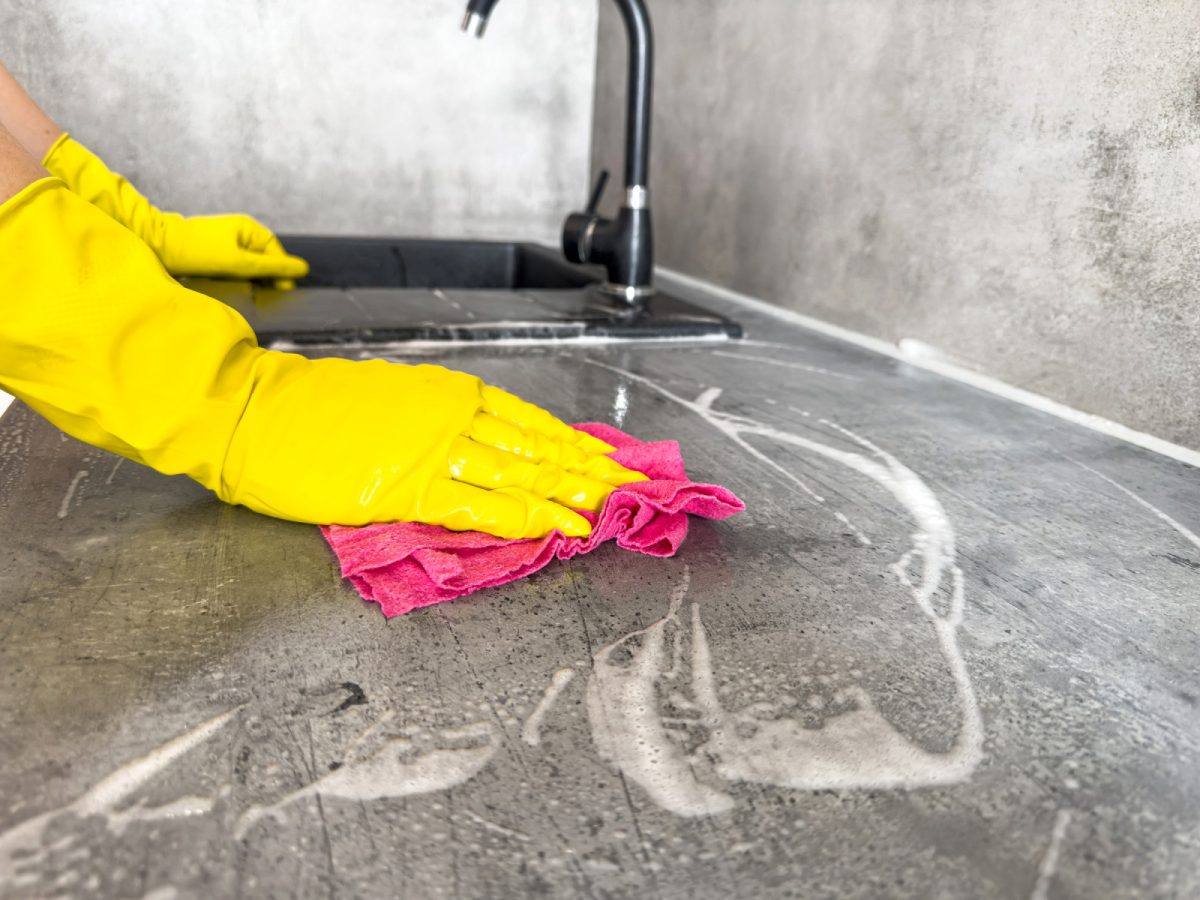
- Dust and Vacuum: Use a high-quality vacuum with a HEPA filter to capture dust mites and allergens. This is essential for upholstered furniture and carpets.
- Mop the Floors: Use a mild cleaner suitable for your floor type. Marble, tile, and wooden floors may require different products.
- Clean Surfaces: Wipe down countertops, tables, and other high-touch areas daily using antibacterial wipes or a gentle cleaner.
Weekly Deep Cleaning
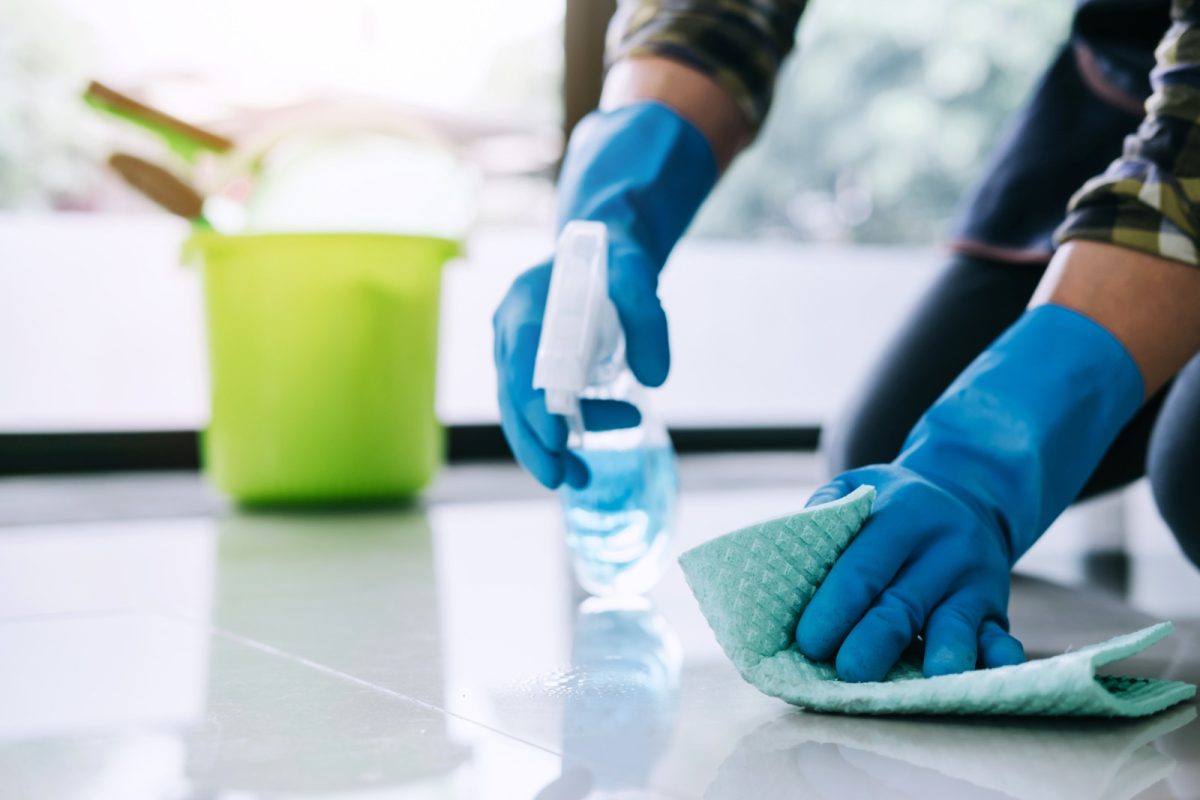
Every week, aim to do a deep clean. This includes washing all the towels and bed linens. A villa often has multiple guests, so maintaining clean linens is crucial.
- Kitchen: Deep clean the kitchen. Scrub the stove, oven, and refrigerator. Clean all small appliances, such as coffee makers and toasters.
- Bathrooms: Focus on grout and tile scrubbing. Use vinegar or a specialized cleaner to remove soap scum and limescale.
- Guest Rooms: Change bed linens, pillowcases, and towels. Dust all furniture and clean windows.
Eco-Friendly Cleaning Products
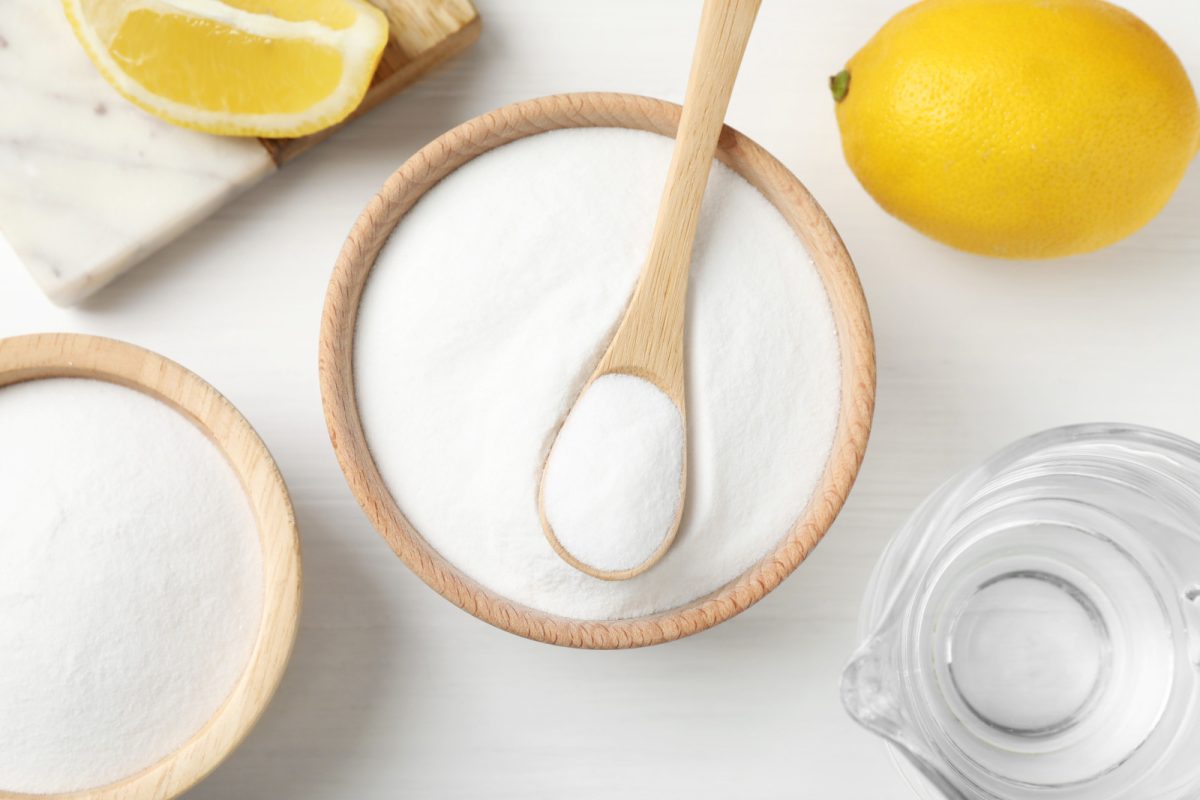
Consider using eco-friendly products:
- Vinegar and Baking Soda: Great for cleaning and deodorizing.
- Lemon Juice: Perfect for cutting through grease and grime.
- Essential Oils: Add these to your cleaning solutions for a natural, pleasant scent.
Pro Tip
Create a cleaning schedule that fits with guest turnover times. This will help keep the villa in pristine condition without overwhelming you or your staff.
Garden and Landscaping
Maintaining a villa’s garden can be quite a task, but it’s also incredibly rewarding. You can’t beat the look and feel of a lush, well-kept landscape.
See Related: Luxury Retreats by the Water: Discovering the Best Villas in the Italian Lakes
Essential Tips for Villa Owners
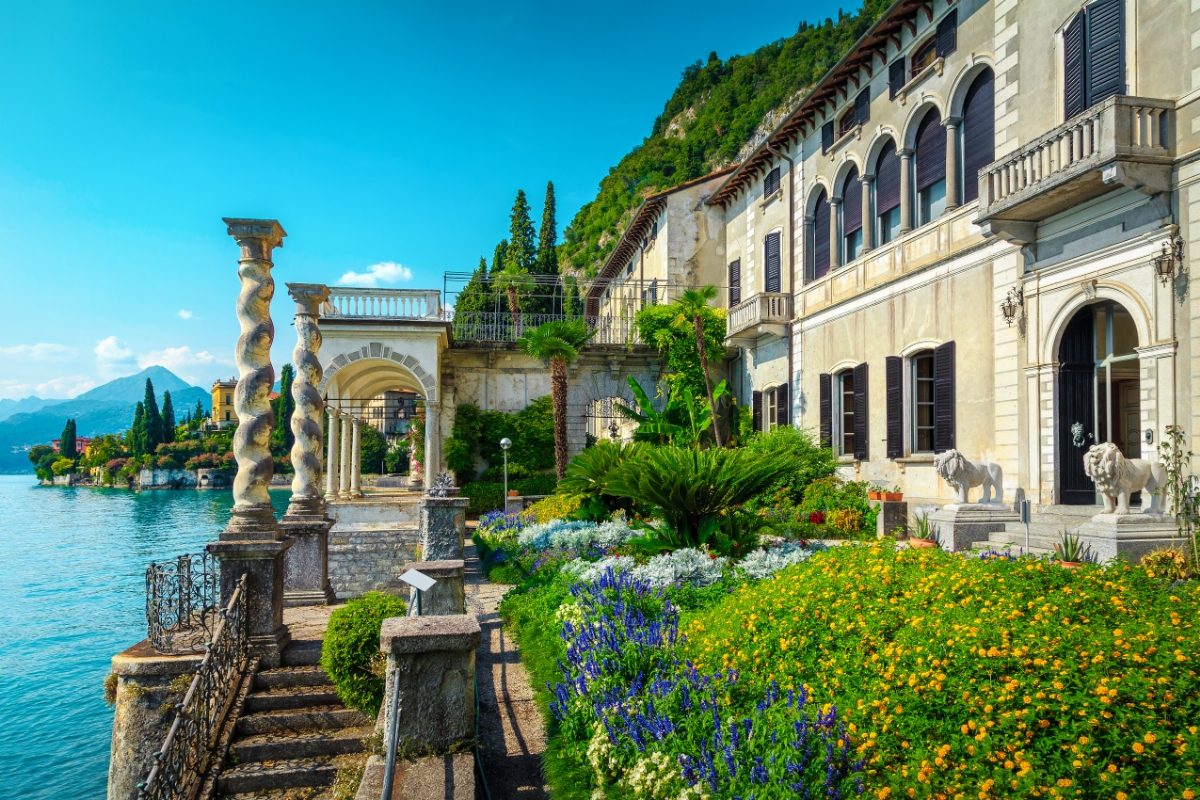
Regular Watering: Even if you have a garden blooming with Mediterranean plants, ensure they receive enough water. Consider using a drip irrigation system for efficiency.
Plant Selection: Choose hardy, drought-tolerant plants. Think of beautiful cypress trees and fragrant orange blossoms. They’ll thrive in the hot, dry summers typical of Italian villas.
Seasonal Care: Your plants need different care throughout the year. Prune shrubs in the spring and prepare the garden for scorching summer months. This attention to detail keeps your property looking exquisite.
Landscaping Ideas
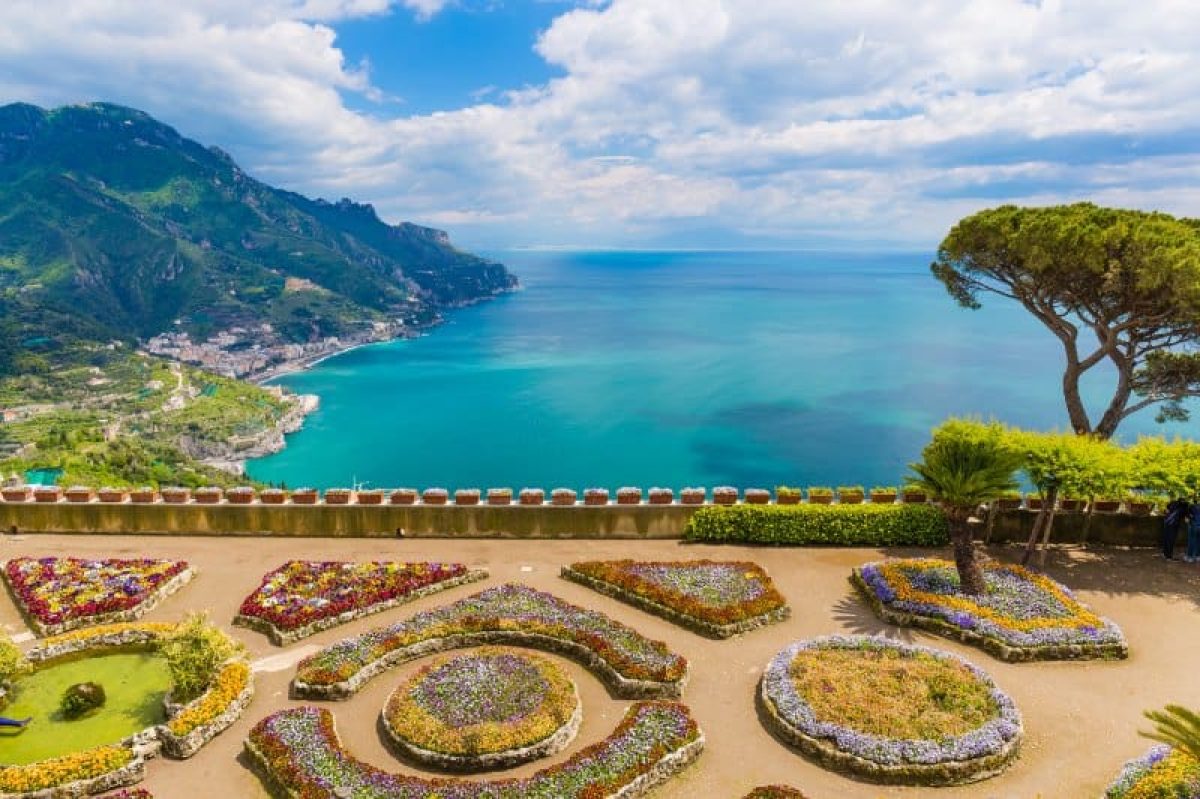
Create Shaded Areas: Set up pergolas or plant tall trees to create natural shade. These areas will be perfect for relaxing during hot afternoons.
Add Water Features: A classic fountain not only adds to the villa’s charm but also provides a calming sound that soothes the soul.
Maintenance Must-Dos
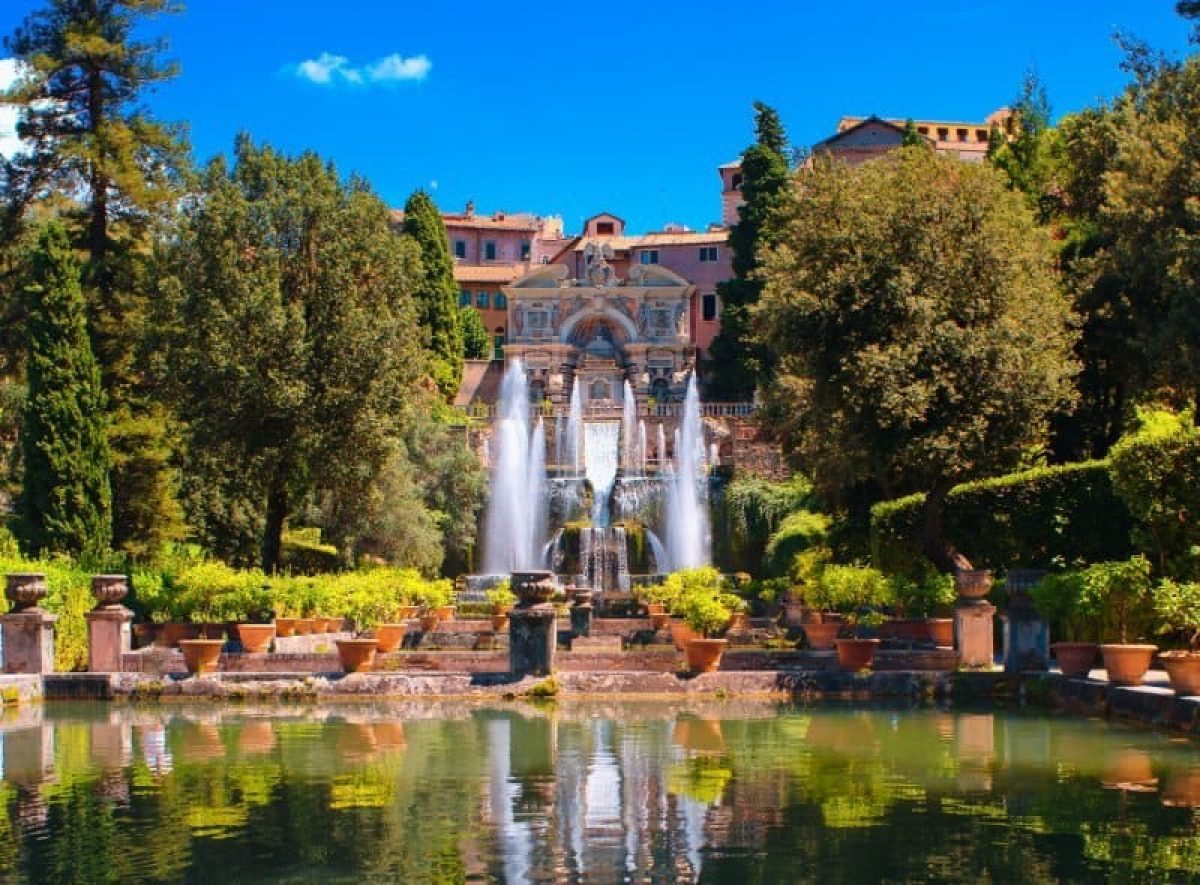
Weed Control: Regularly pull weeds to keep your garden looking pristine. Mulching can help reduce weed growth and keep moisture in the soil.
Soil Care: Fertilize and aerate the soil periodically to ensure your plants receive the nutrients they need.
Personal Touches
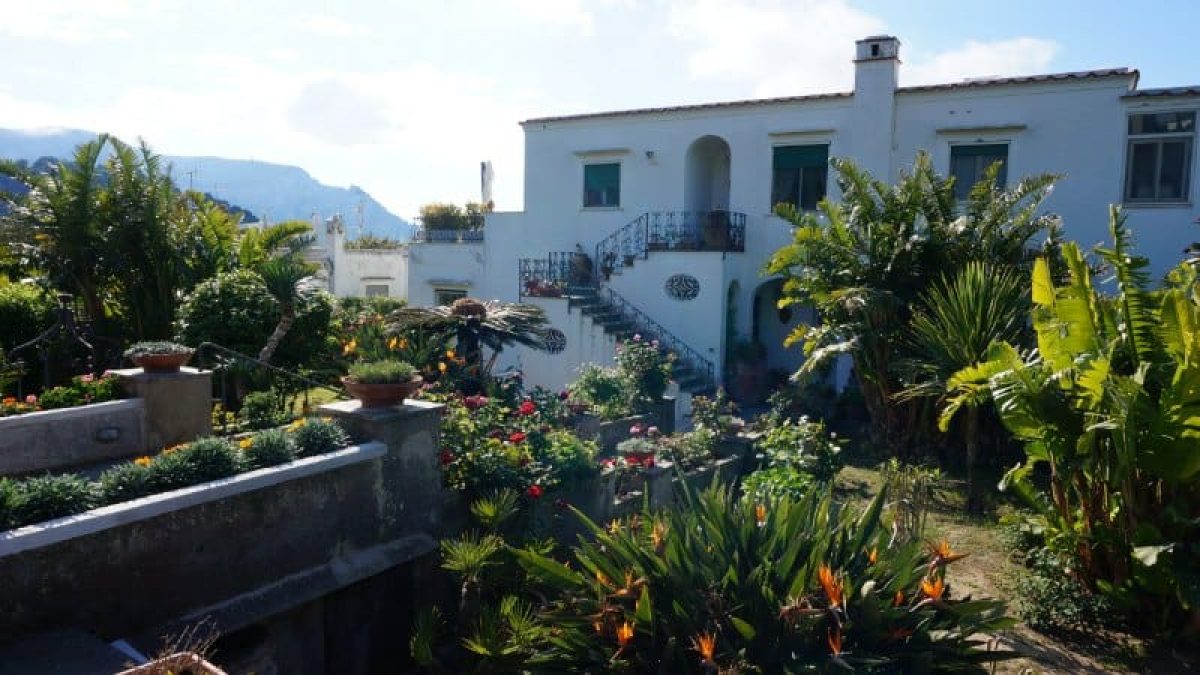
Feel free to add unique touches to express your personality. Maybe a cozy seating area tucked away in a corner or a pathway lined with vibrant flowers. These little accents make your villa truly yours.
See Related: Villa Vacations for Groups: How to Plan a Group Stay
Pool and Spa Maintenance
Owning a villa in Italy with a pool and spa is a dream come true, but keeping them in top shape requires regular maintenance.
Ensure your pool is always inviting by first removing the cover and cleaning it. Use a pump to remove any standing water. Once the cover is off, clean it thoroughly and let it dry before storing it.
Start Pool System
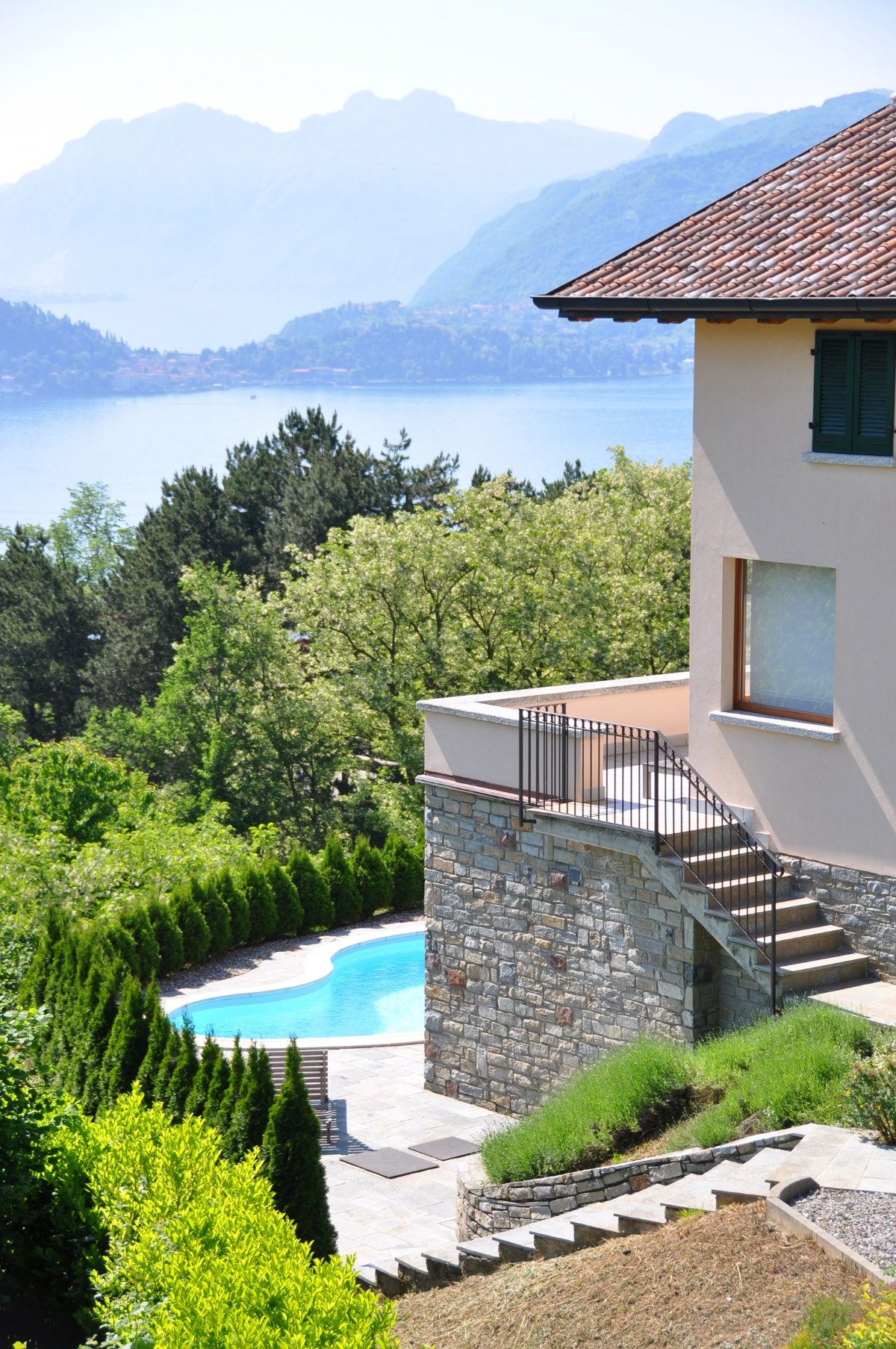
Reconnect the pump and set the valves. Then, open the pressure release valve and switch on the pump. Make sure all air is purged from the system.
Clean the Pool
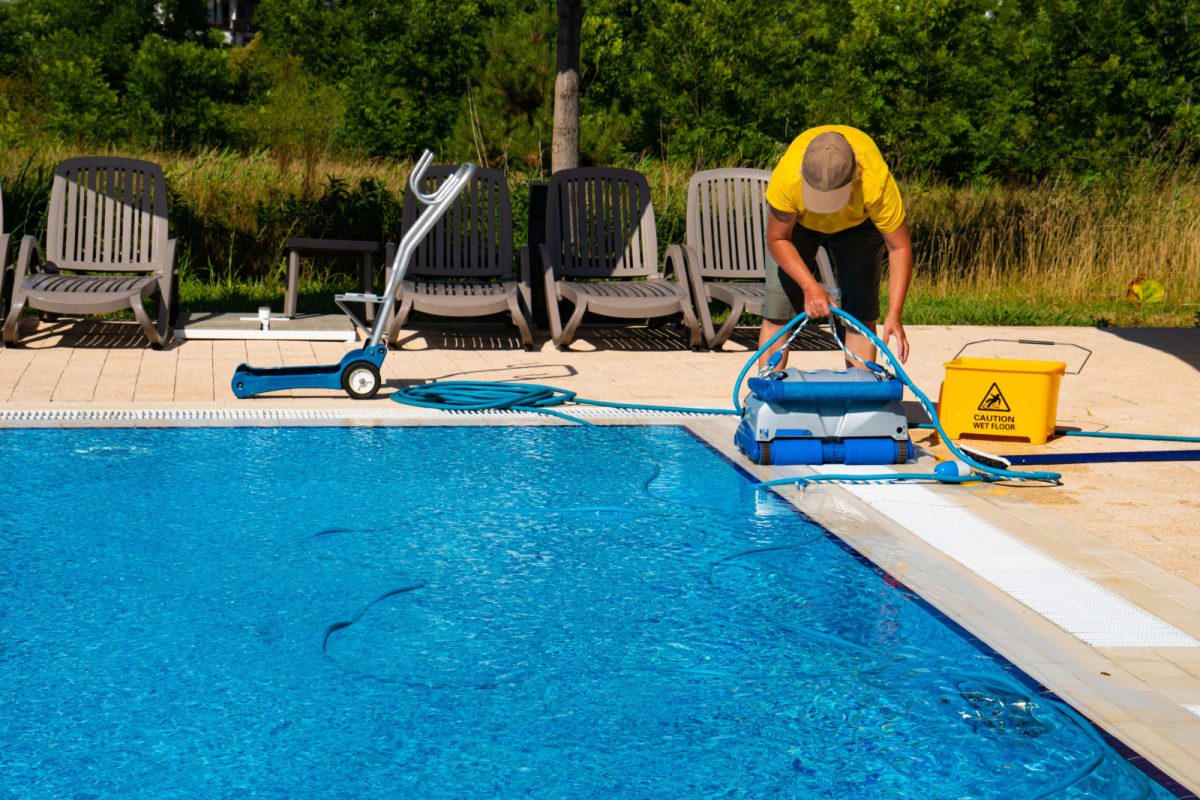
Remove debris with a net and vacuum. A border cleaner helps maintain the pool walls, ensuring a sparkling clean appearance and a delightful swim.
Water Balance
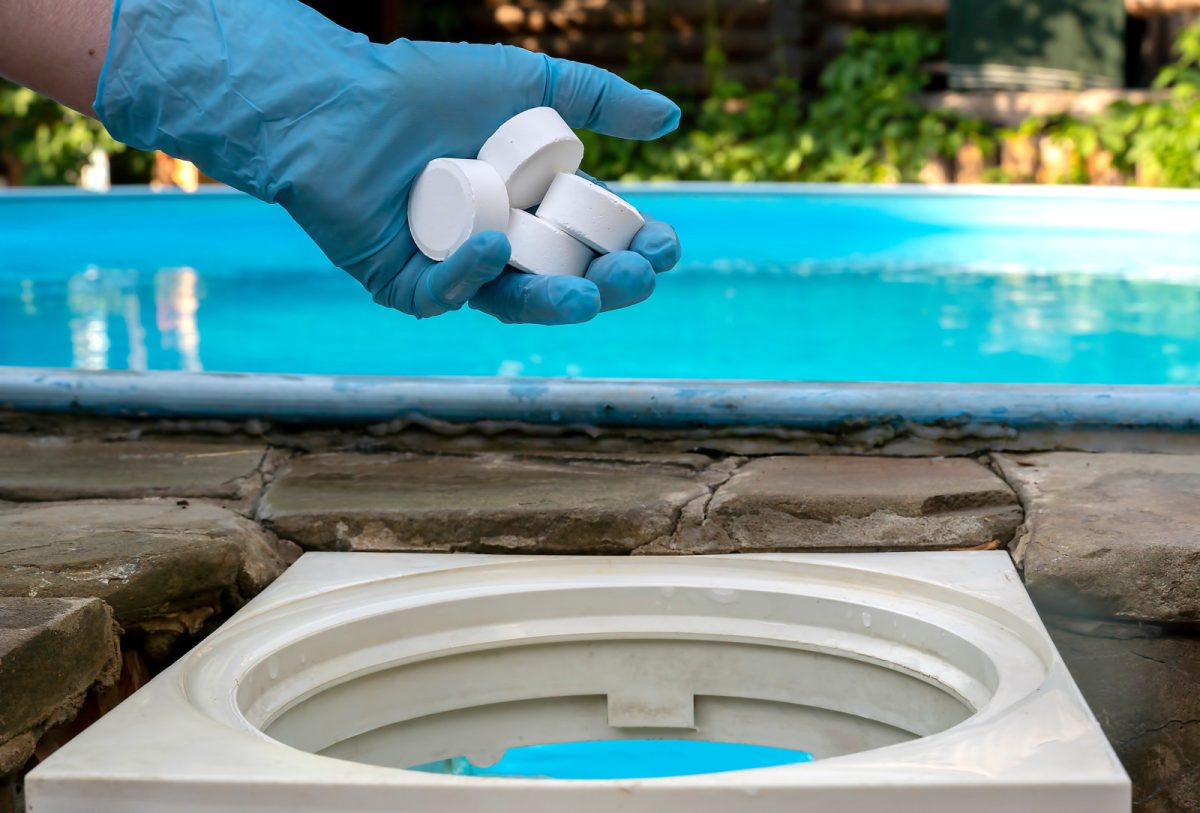
After circulating the water for 8-12 hours, use a test kit to check chlorine, pH levels, and calcium hardness. Based on your readings, add appropriate chemicals to ensure balanced water.
Spa Maintenance
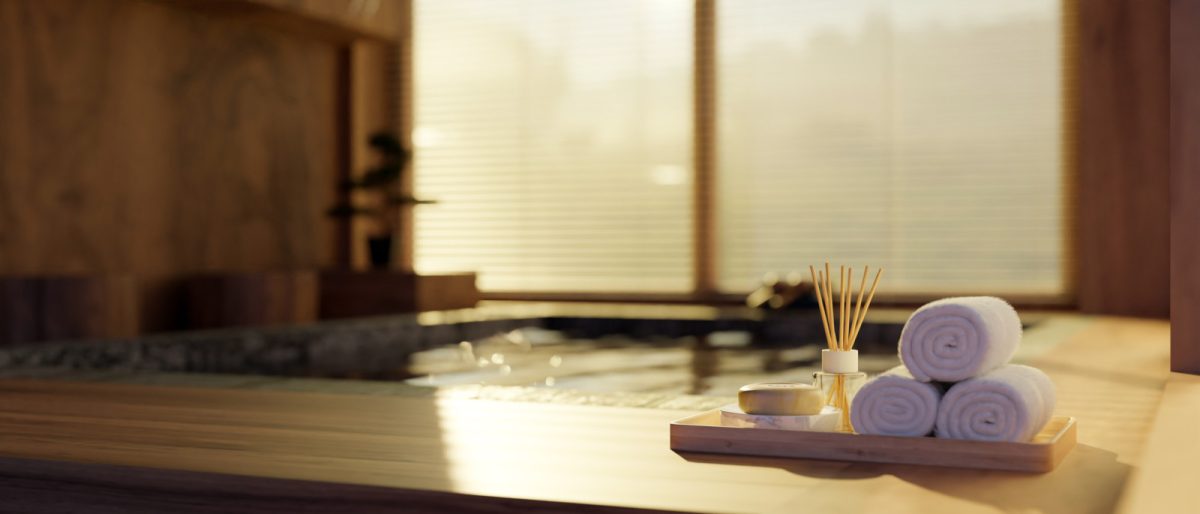
Keep the spa’s cover on securely to maintain heat and cleanliness. Then, regularly check water temperature and cleanliness. Clean the spa filters and replace them as needed.
Chemical Choices
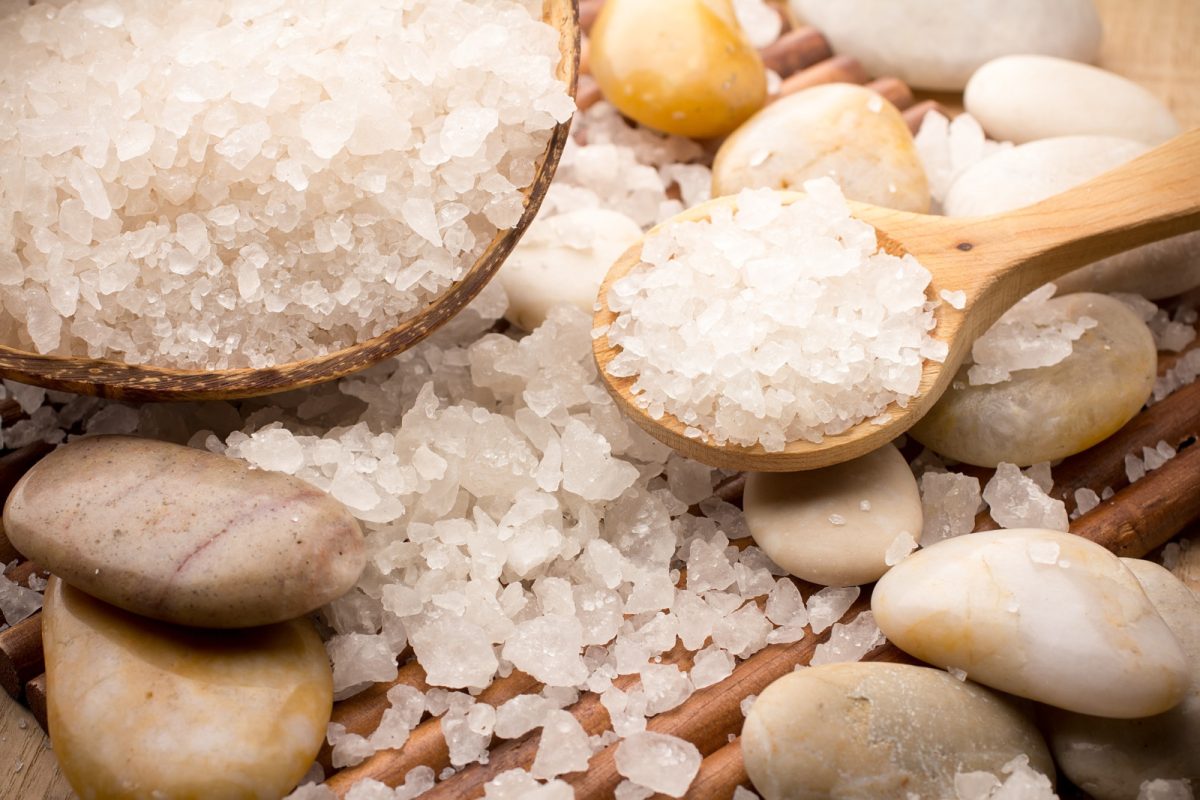
- Chlorine: Effective for daily use but requires monitoring and weekly shock treatments.
- Salt: An alternative that reduces skin and eye irritation.
- Bromine: Ideal for spas due to stability in warm water, but can leave a lasting smell.
- Oxygen: Less irritating but usually needs an additional algicide.
Dealing with Algae
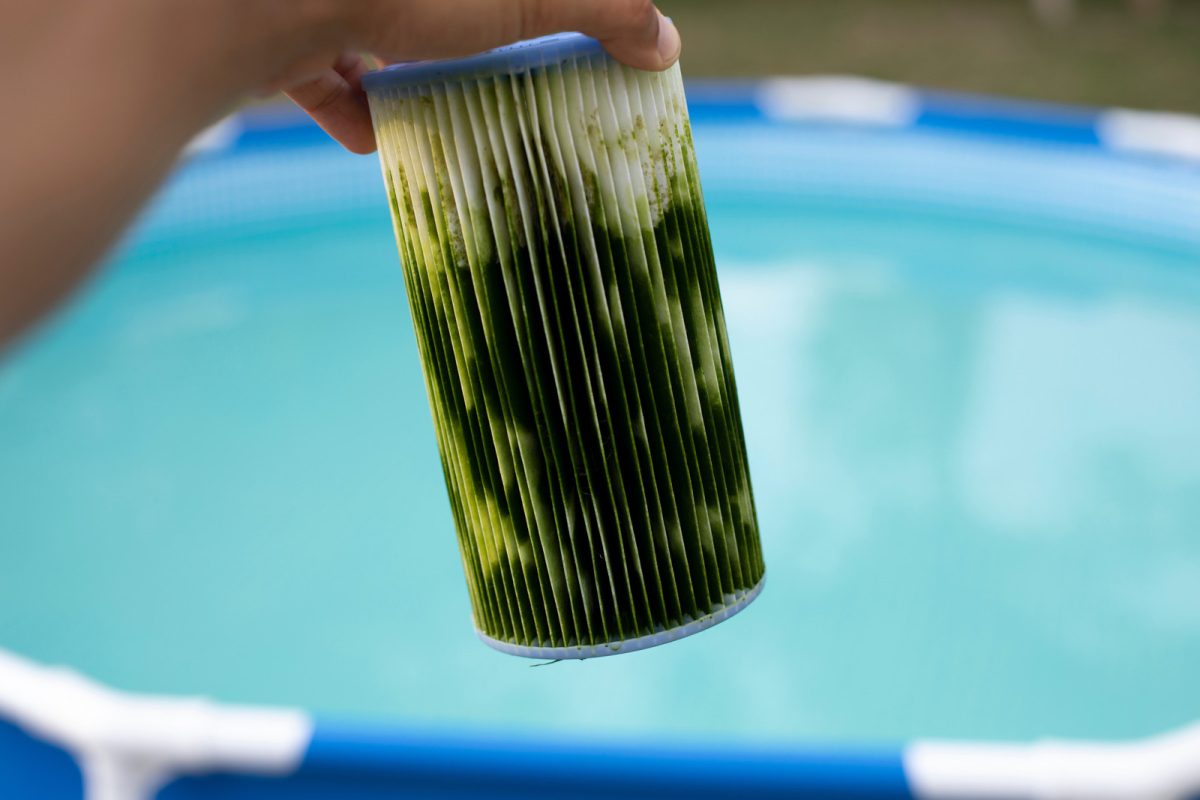
Add algicide regularly to prevent algae buildup. During storms or when algae grow rapidly, shock the pool and add flocculant if necessary.
Plumbing System Maintenance
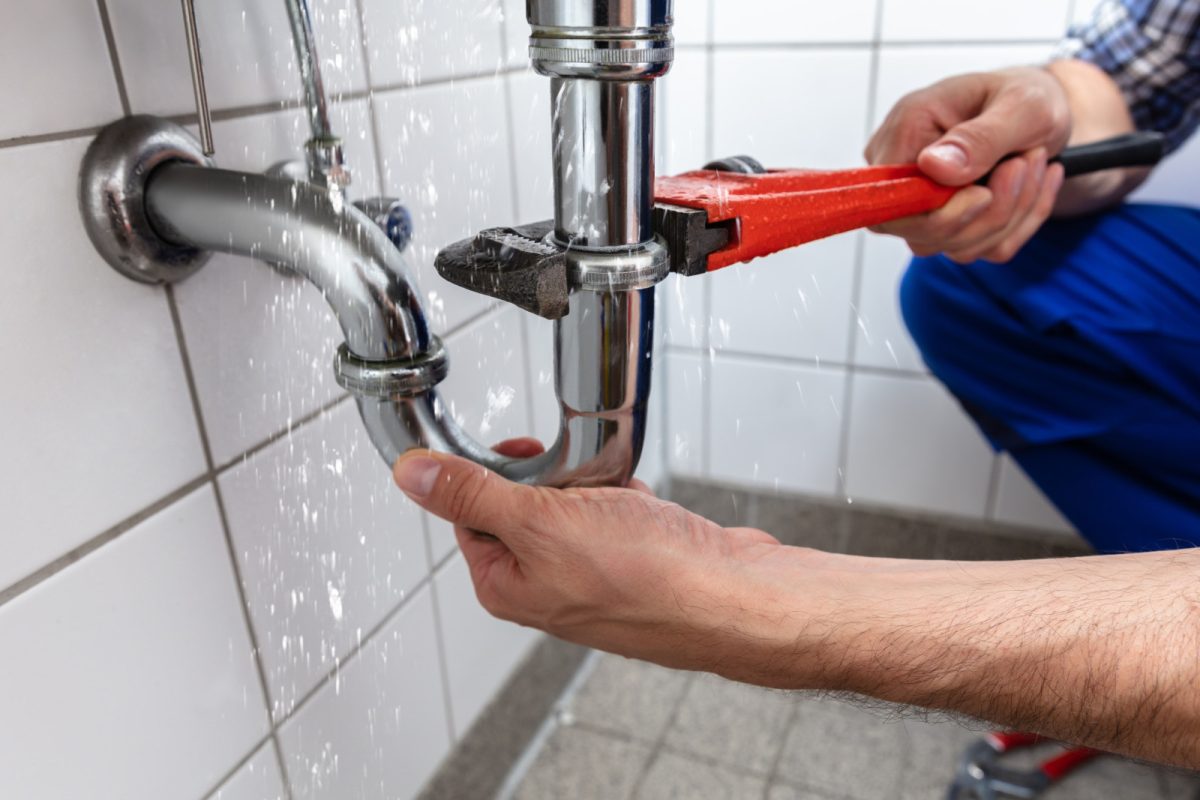
The plumbing system is critical to keeping your Italian villa in pristine condition. A well-maintained plumbing system ensures your villa remains a haven of luxury and comfort.
- Regular Inspection: Begin by regularly checking your pipes and fittings. Look for leaks, drips, and rust. It’s simple: if you spot water where there shouldn’t be any, it’s time to act.
- Check Water Pressure: Low water pressure can be an early sign of a hidden problem. Use a pressure gauge to ensure your system runs smoothly. Optimal water pressure protects your plumbing and enhances your daily experience.
- Clean Drains: Clogged drains are common but can be avoided with regular cleaning. Use natural cleaners like vinegar and baking soda. They’re effective and safe for your pipes.
- Prevent Freezing Pipes: In colder months, insulating your pipes is essential. Frozen pipes can burst, leading to significant damage and costly repairs. Simple insulation materials can make a big difference.
- Water Heater Maintenance: Your water heater needs love, too. Check it every six months for sediment build-up. Draining a few gallons can help keep it efficient and extend its lifespan.
- Professional Help: Don’t shy away from calling a professional. Some issues need expert hands. Regular professional inspections can save you from unexpected, expensive surprises.
- Install Leak Detectors: Modern leak detectors are a great investment. They can alert you to potential issues before they become major problems. It’s a small step toward securing the longevity of your villa’s plumbing system.
HVAC System Check
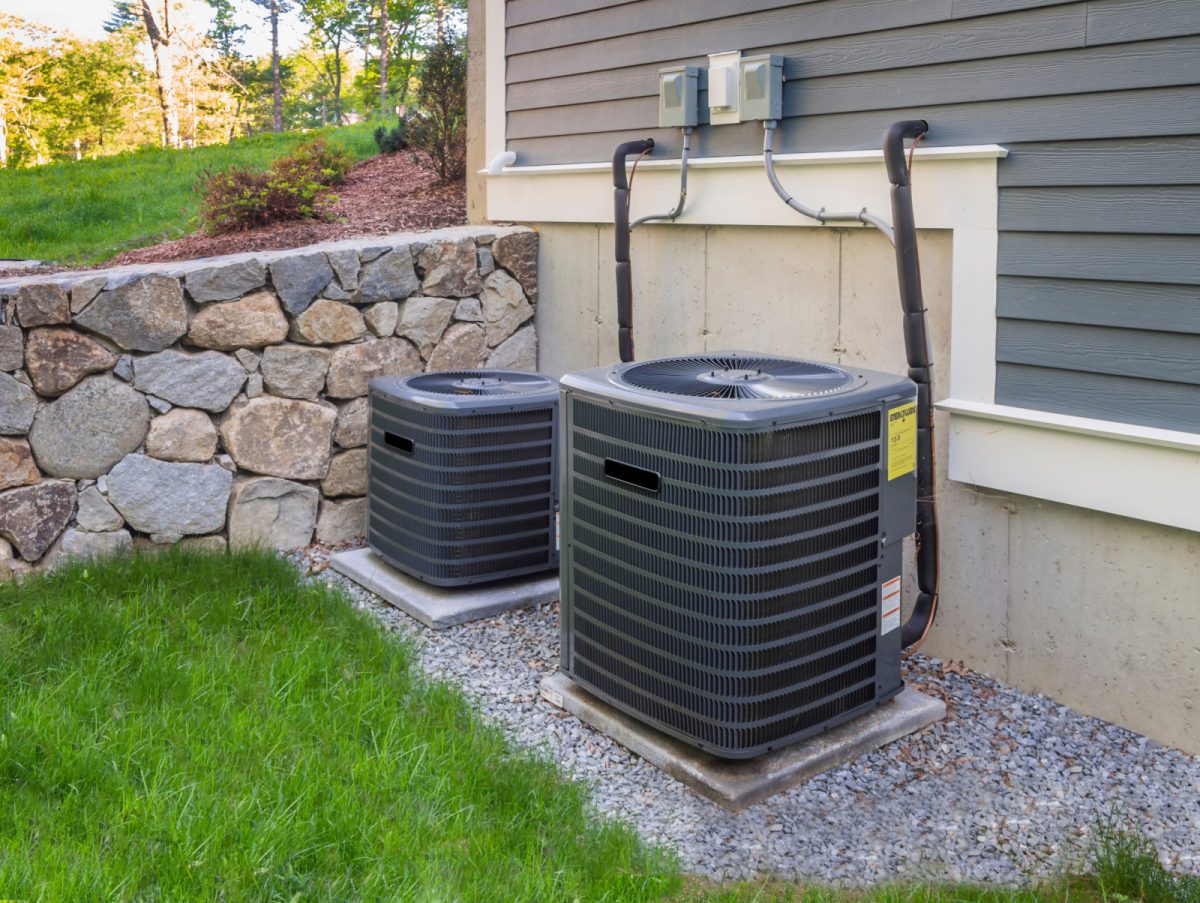
Maintaining the HVAC system in your Italian villa is crucial for comfort and efficiency. Let’s break it down into some easy steps you can follow.
Regular Filters Check
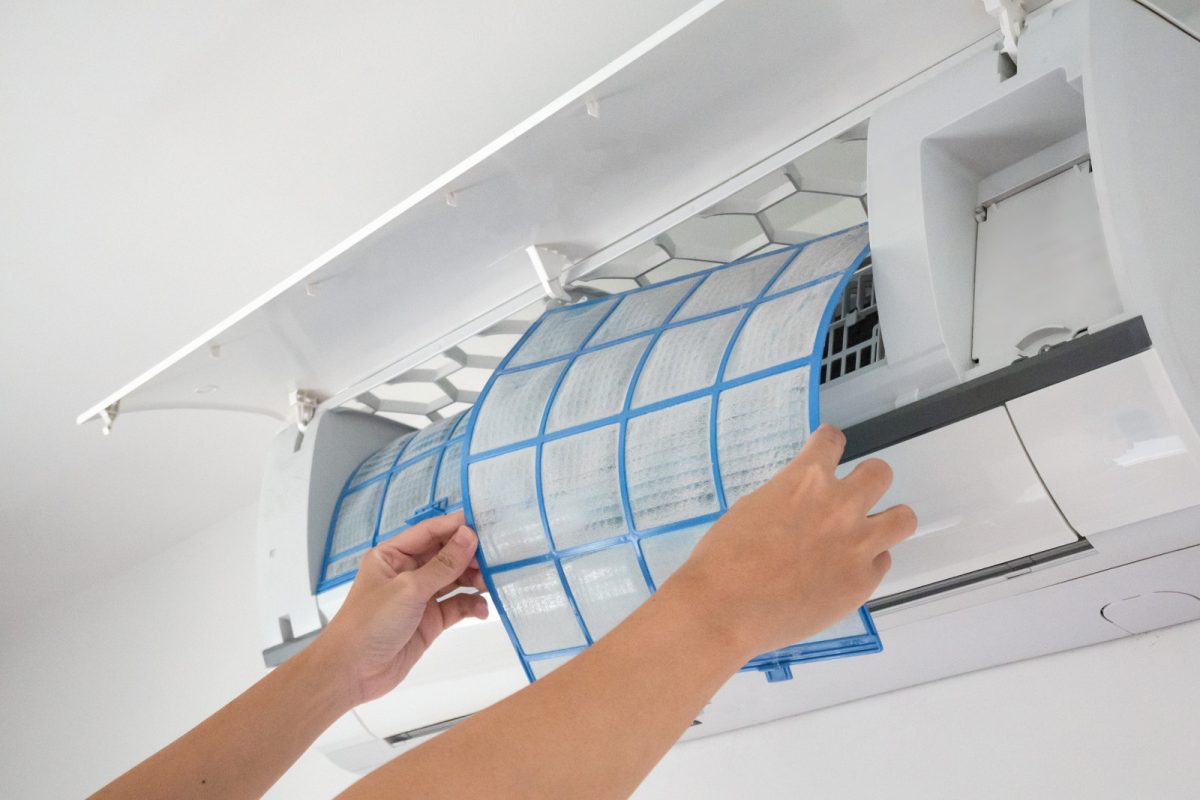
Change or clean your air filters often. Clean them every two weeks or replace them every 3-4 months. This keeps airflow optimal and maintains good air quality.
Thermostat Settings
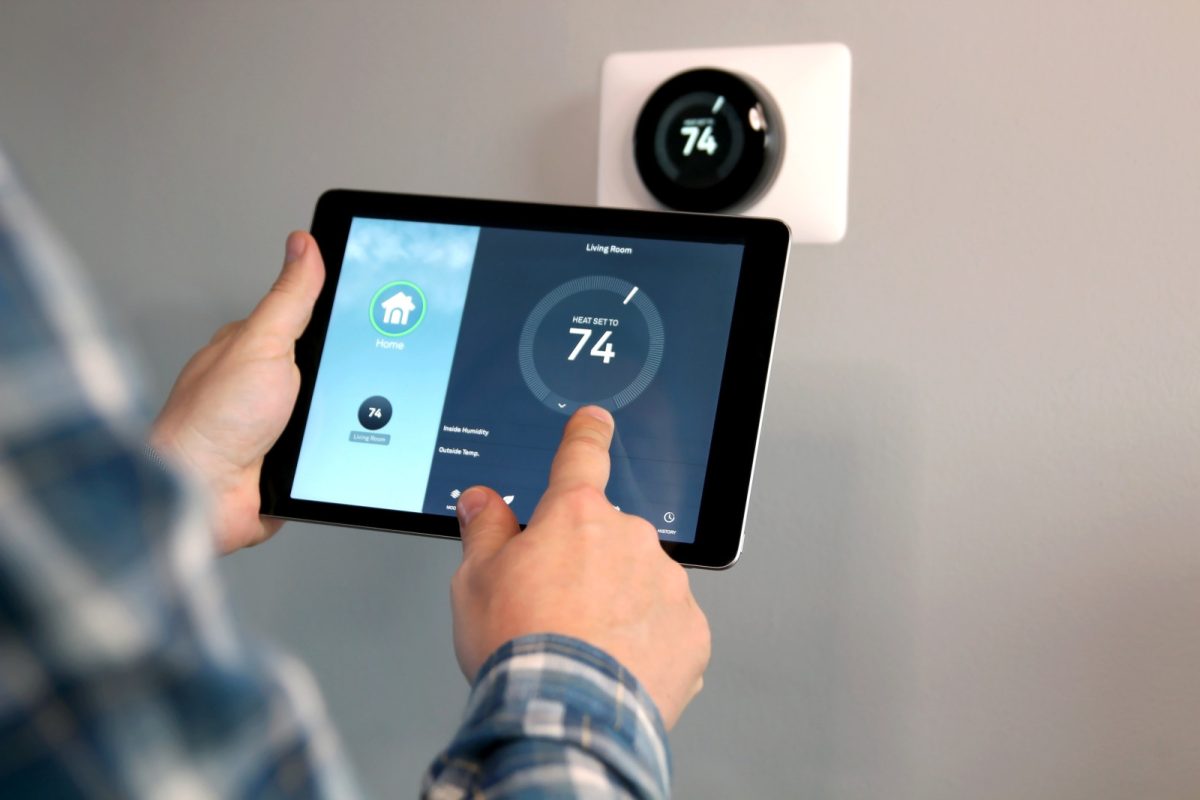
Use a programmable thermostat to manage your villa’s temperature. Set it to efficient temperatures when you’re not home. This saves energy and keeps the system from overworking.
Professional Inspection
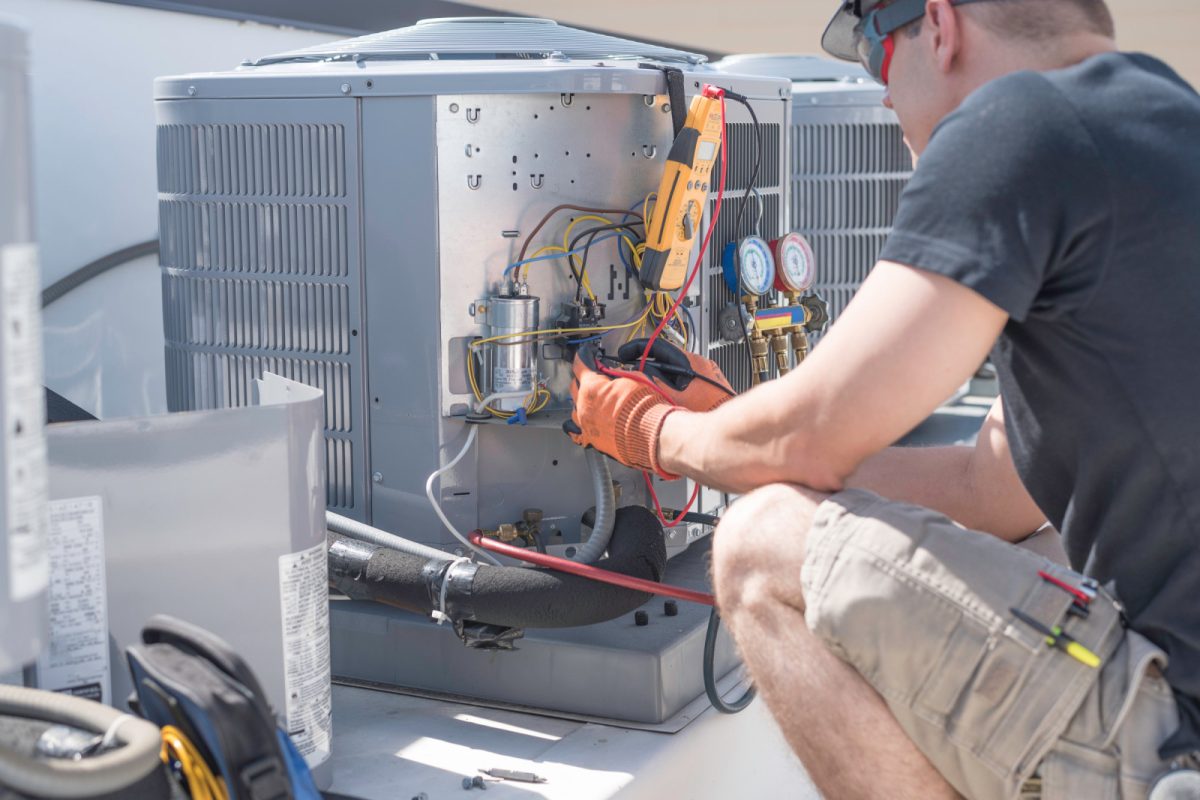
Schedule regular check-ups with an HVAC technician. They can identify potential issues early. Here are some things a technician will do:
- Check refrigerant levels.
- Inspect electrical components.
- Clean the coils.
Keep Units Clean
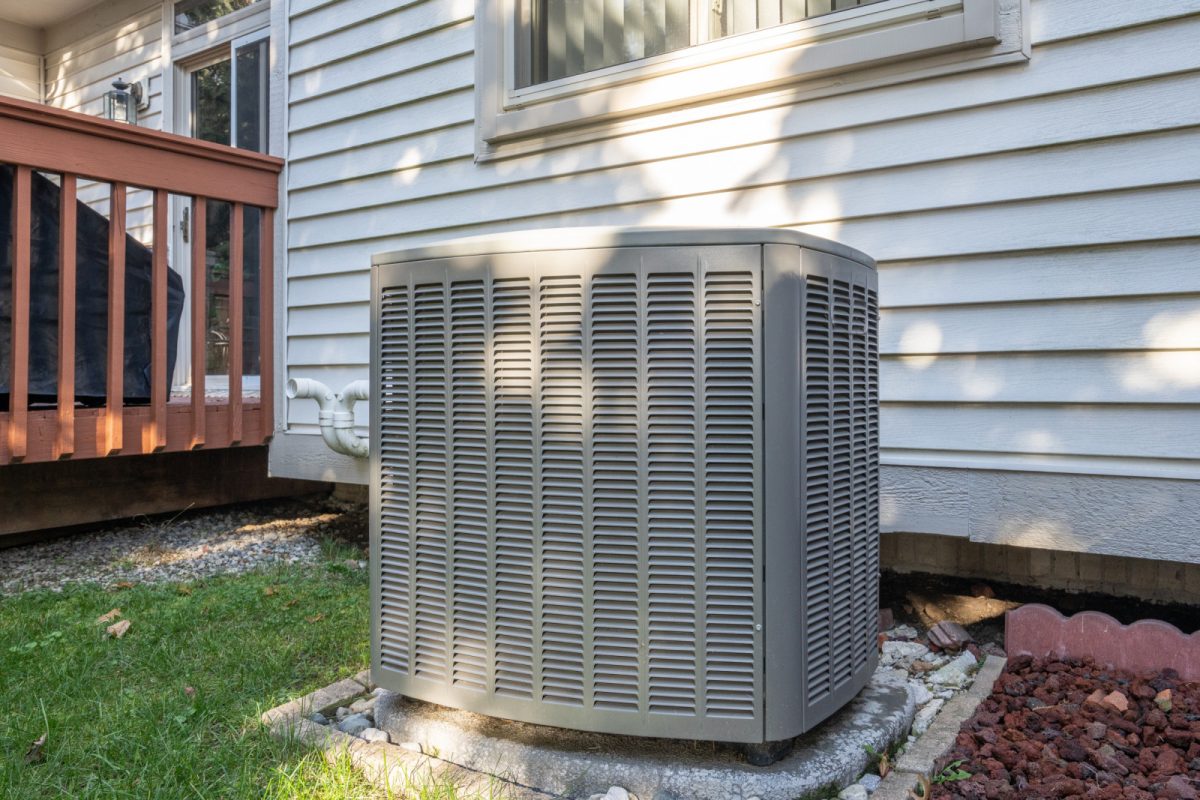
Make sure your outdoor units are free of debris and vegetation. This ensures the efficient operation of your HVAC system. Clear any leaves, branches, or dirt that might obstruct airflow.
Ventilation Matters
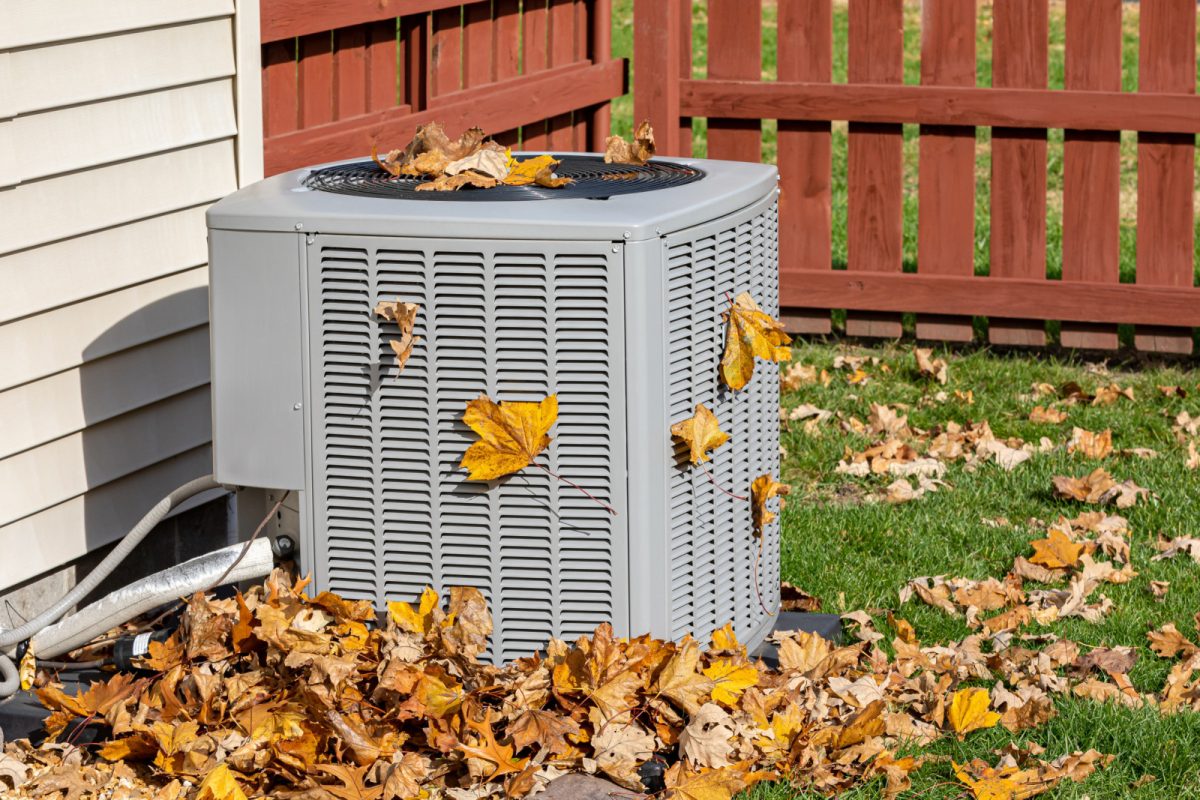
Keep your ventilation system clean and ensure that vents are not blocked by furniture or other items. Good airflow is vital for maintaining a comfortable temperature in your villa.
Electrical System Inspection
Inspecting the electrical system in your villa is crucial for safety and longevity. Regular checks can help you spot potential issues before they become major problems. Here are some tips to make your electrical system inspection smooth and effective.
See Related: The Ultimate Guide to Luxury Amenities in Italian Villas
1. Schedule Regular Inspections
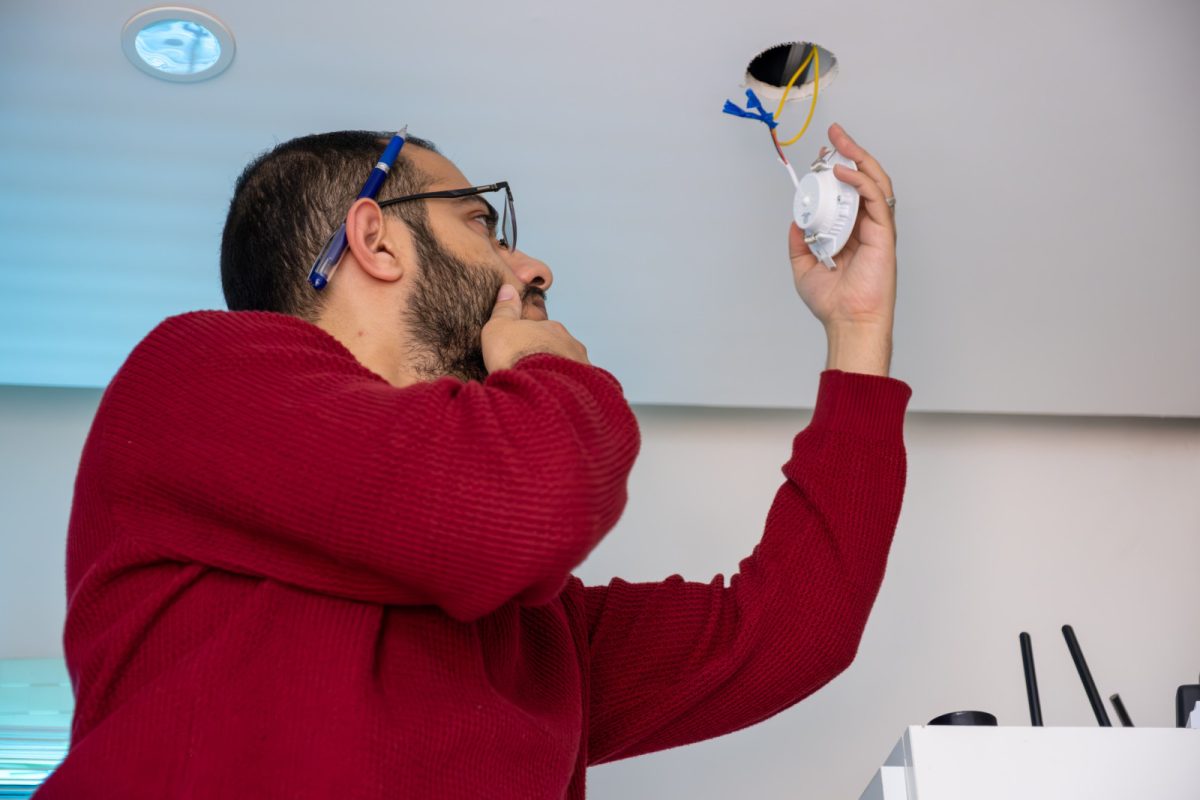
Set up a routine to inspect your villa’s electrical systems. A professional electrician should do biannual checks to ensure everything remains in top condition. It’s easy to forget, so mark your calendar or set a reminder.
2. Check for Wear and Tear
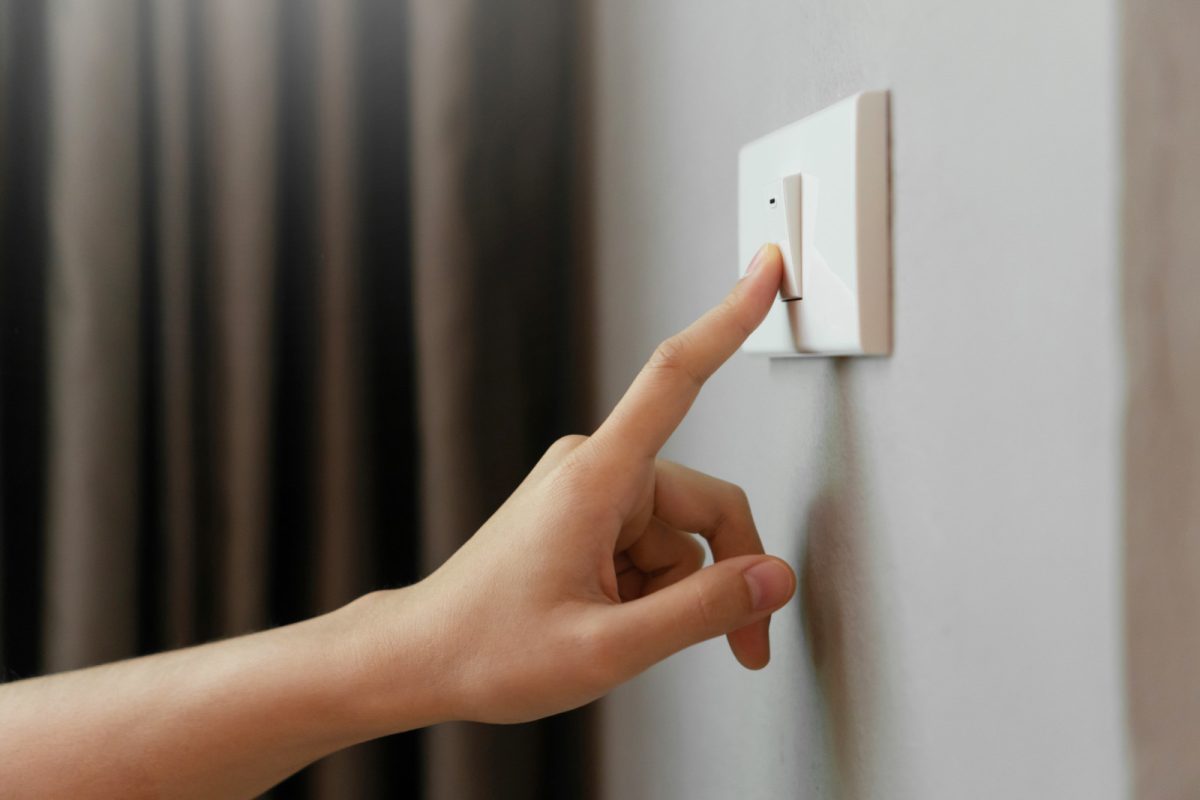
Take a close look at your electrical outlets, switches, and breakers. Loose connections or scorch marks are red flags. Update any outdated wiring to prevent hazards.
3. Test Safety Devices
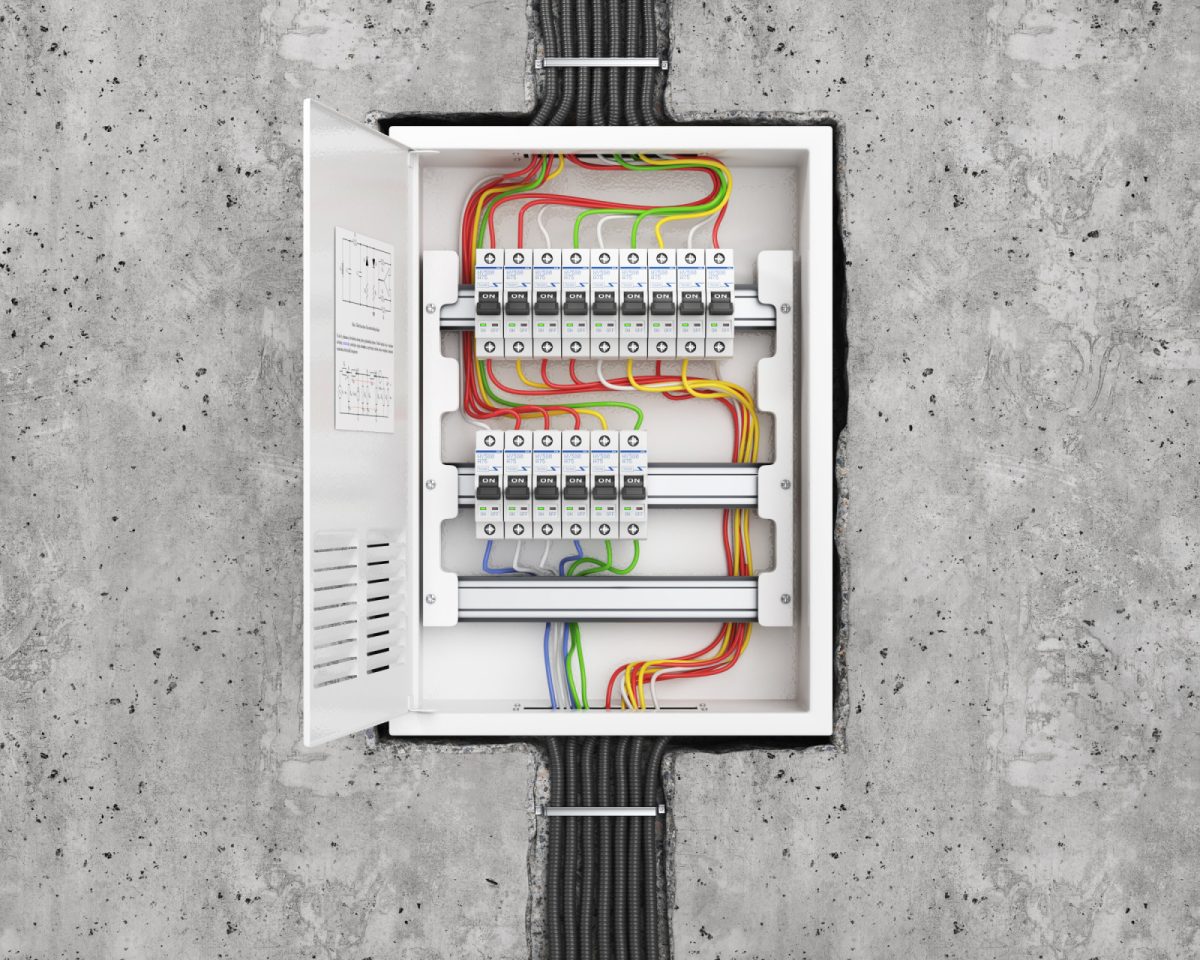
Ensure that your circuit breakers and ground-fault circuit interrupters (GFCIs) work correctly. These devices protect against electrical shock and should be tested monthly. Press the test button and see if the power cuts off, then reset.
4. Inspect Outdoor Electrical Areas
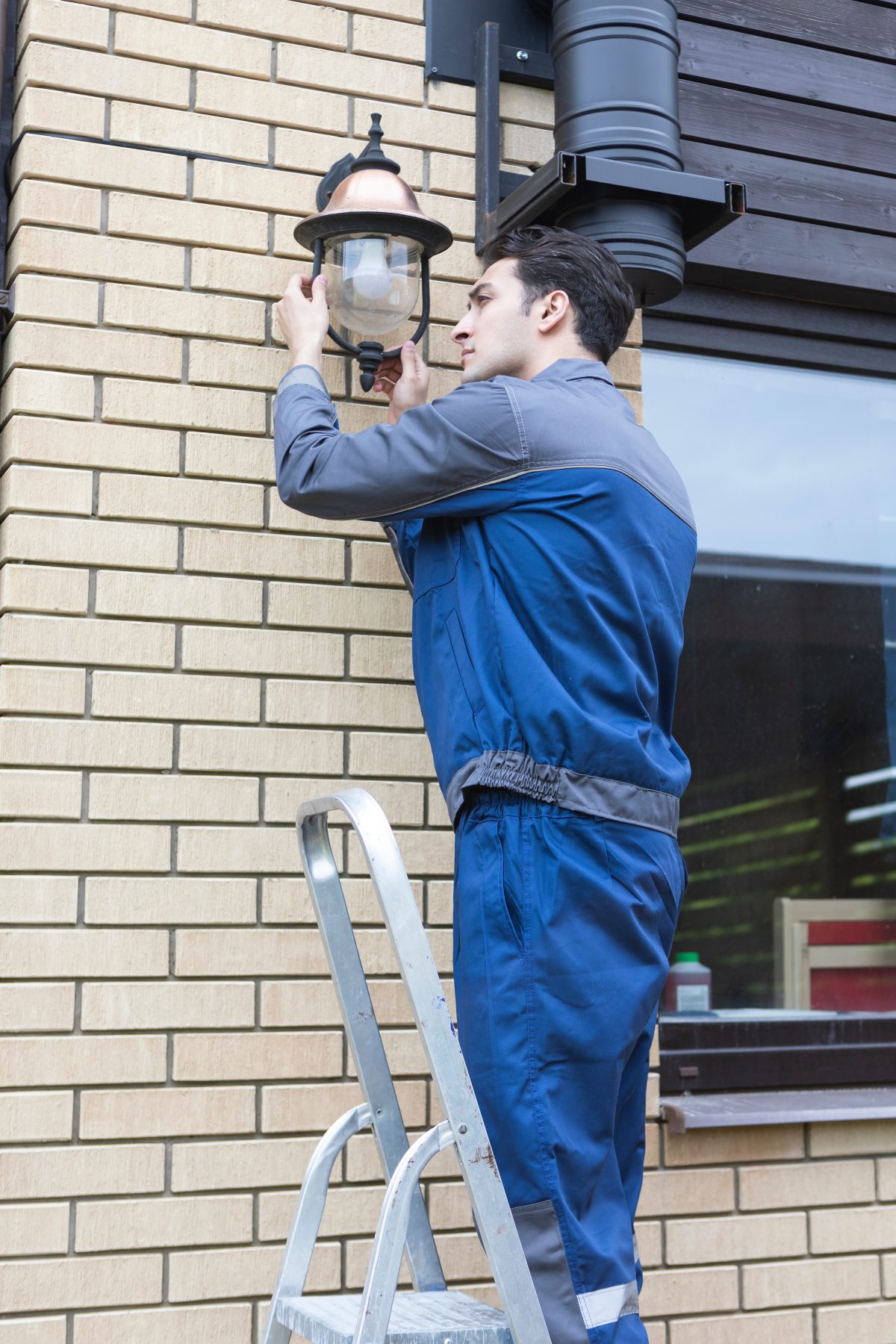
Don’t neglect outdoor areas. Look at garden lighting, pool equipment, and outdoor outlets. Ensure they are weather-resistant and free from debris or plant overgrowth that can impact electrical performance.
5. Address Problems Promptly
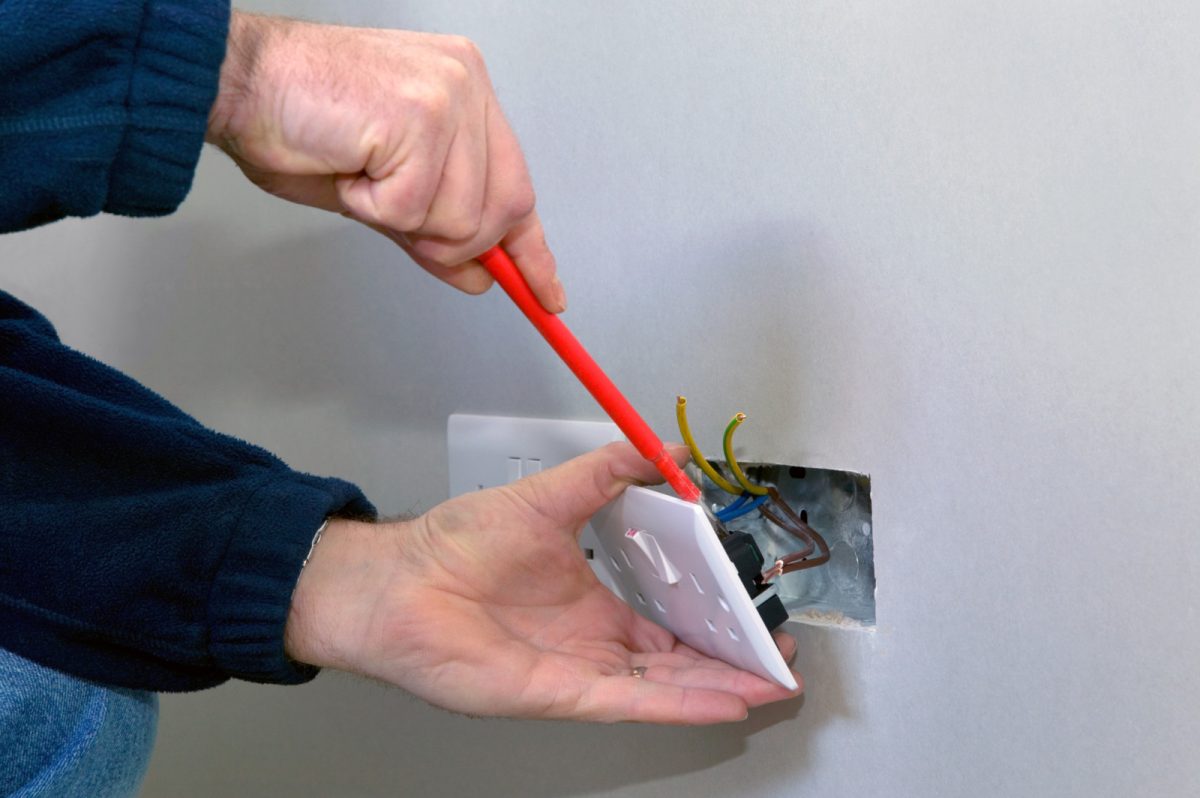
Call a professional immediately if you notice flickering lights, frequent breaker trips, or odd smells near outlets. Minor repairs now can prevent major damage later.
Roof and Window Care
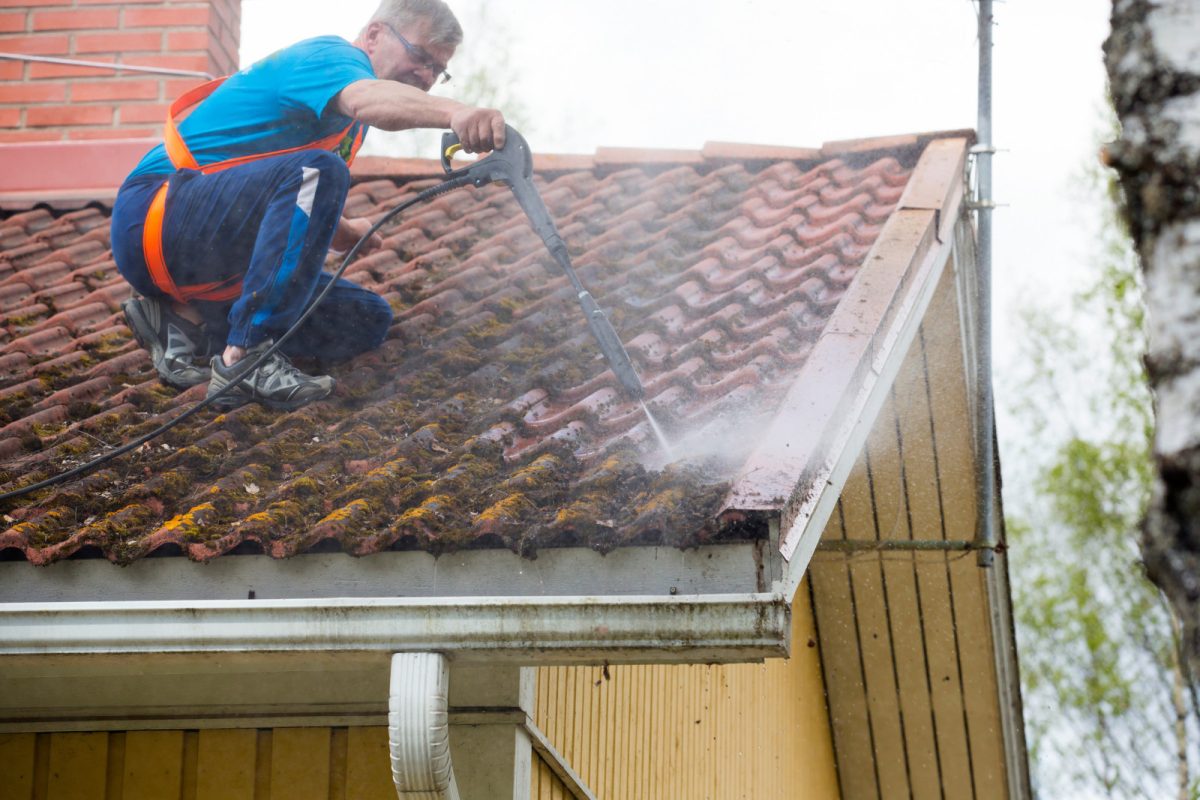
Taking care of your villa’s roof and windows is crucial to maintaining its beauty and value. Here are some tips to keep these vital parts of your house in top condition:
First, inspect your roof regularly. Look for loose or missing tiles, common in Italy’s older villas. It’s always best to address these issues early before they lead to leaks.
Cleaning gutters is another must-do. Clogged gutters can damage water, so clean them out, especially after storms or heavy winds. Removing leaves and debris keeps the water flowing smoothly away from your home.
Hiring professionals for an annual roof check-up is a wise investment. They can spot potential problems that might not be visible to the untrained eye. Plus, they’re experienced in working on various roof types, including tile and slate, which are prevalent in Italian villas.
Windows also need regular attention. Keep them clean and free of grime. Dust and dirt can accumulate quickly, especially if your villa is near the coast. Use a mixture of water and vinegar for a streak-free shine.
Check the frames for cracks or rot. Wooden frames are charming but can deteriorate over time. Applying sealant or repainting can extend their life. If you have metal frames, look for rust and treat it promptly to prevent spreading.
Replace old or broken glass. The fresh glass looks better and improves insulation, keeping your villa comfortable all year round. Consider double-glazed windows for better energy efficiency.
Pest Control
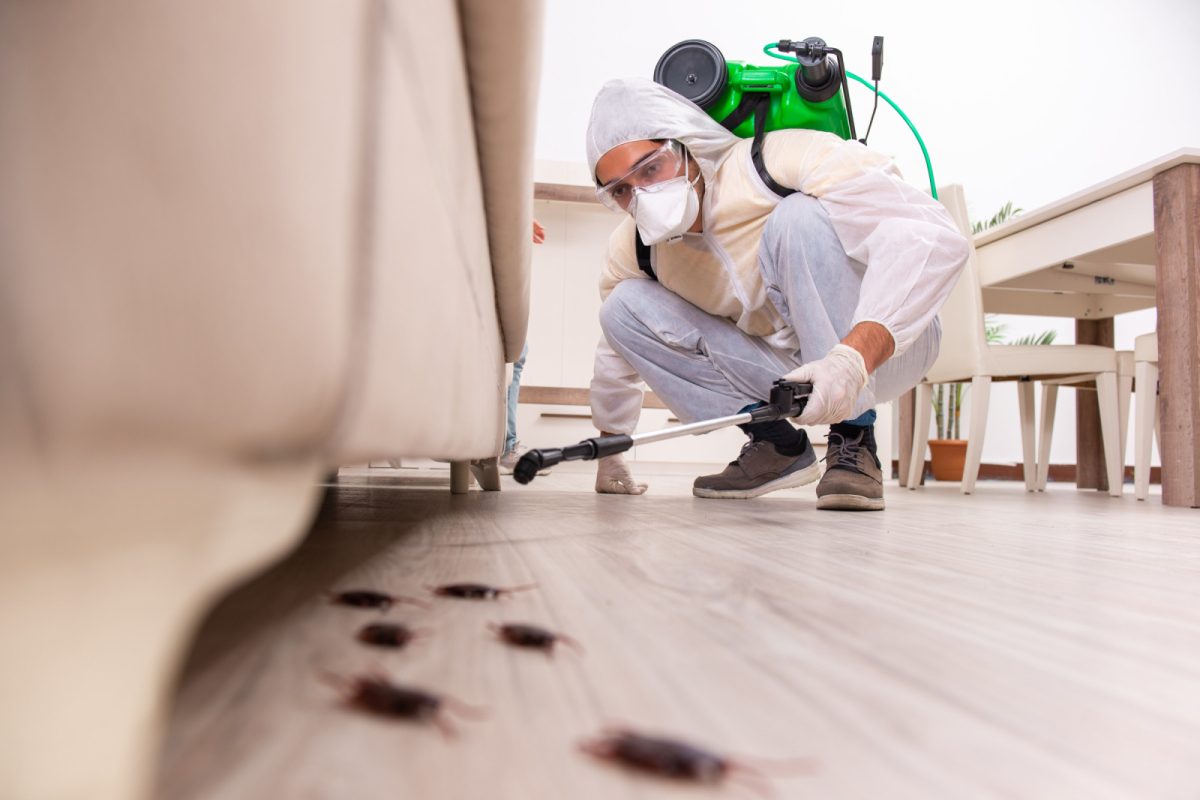
Pest control is crucial when maintaining your villa in Italy. Pests can be more than a nuisance; they can cause significant damage to your luxurious property. Regular maintenance is essential.
Start with cleaning. Keep your villa clean, especially the kitchen and pantry areas. Food crumbs and spills attract ants, cockroaches, and other pests. Wipe surfaces, sweep floors, and secure food in airtight containers.
Remember garbage disposal. Empty your trash bins regularly and use liners to prevent leaks. Store outdoor bins away from the house to reduce the chance of attracting rodents.
Sealing entry points can make a huge difference. Check for gaps around doors, windows, and plumbing. Using caulk or weather-strip will help keep pests out.
For a natural approach, try this homemade spray:
- 6 cloves of garlic
- 1 tablespoon of chili powder
- 1 sliced onion
- 1 tablespoon of pure soap
- 1 large bucket of hot water
Crush the garlic in the water, add the other ingredients, and let it sit. Then, spray around the house to naturally deter pests.
Lush gardens are beautiful, but they can harbor pests. Keep plants trimmed and ensure good clearance around the house. Pest-resistant mulch can also help.
Sometimes, hiring a professional pest control service is necessary. They can provide ongoing maintenance to ensure your villa remains pest-free. Make sure they use methods that are safe for pets and humans.
Security Measures
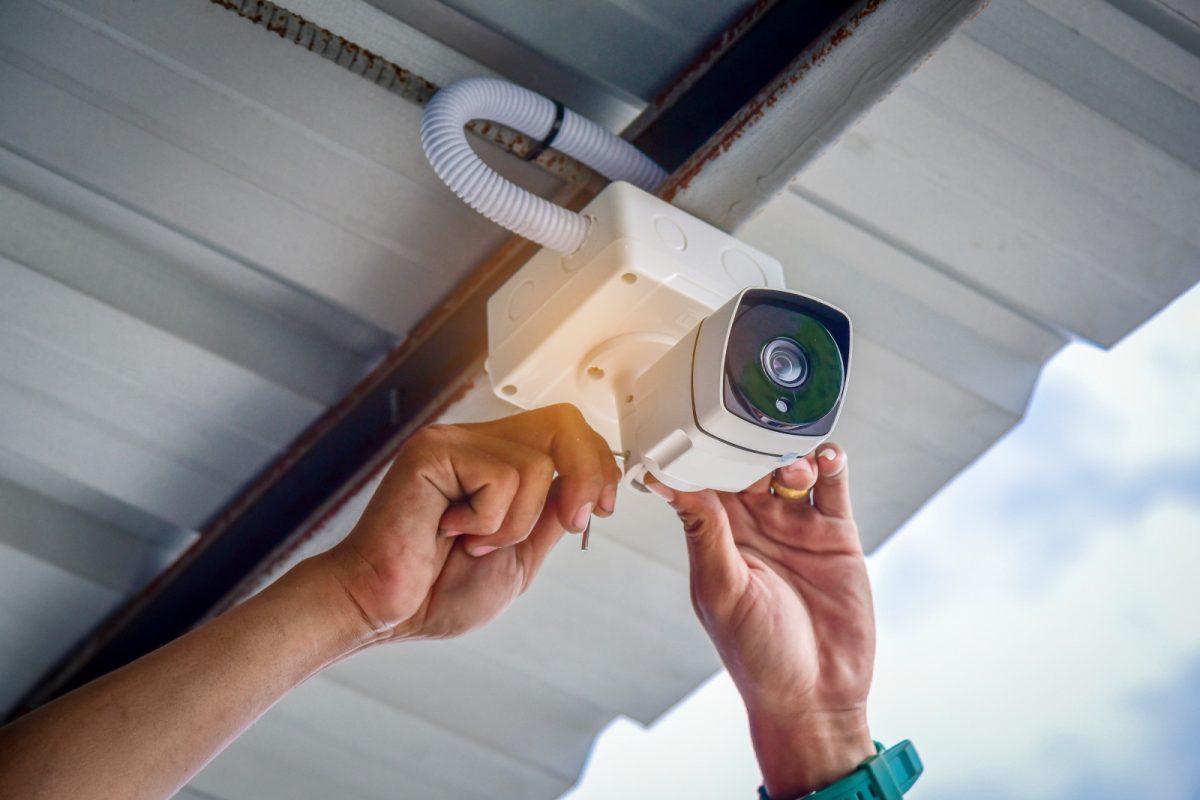
Safety is key when you’re managing a villa in Italy. Ensuring your property is secure brings peace and enhances the luxury experience for your guests.
First, install a robust alarm system. This should include motion detectors and door/window sensors. A loud siren can deter intruders and alert everyone in the villa.
Security cameras are another must-have. Position them in visible spots around the property. Modern cameras offer night vision and can be monitored remotely through your phone.
Good lighting is often overlooked. Ensure pathways and entrances are well-lit. Motion-activated lights are great; they surprise potential intruders and make guests feel safe.
It’s also wise to secure all doors and windows. High-quality deadbolts and smart locks add an extra layer of protection. Don’t forget to secure any back entrances or patio doors.
Adding safety signage, even something as simple as a “This property is protected by security cameras” sign, can be a deterrent. Intruders are more likely to skip marked properties.
Also, consider having a gated entrance. A sturdy gate with an intercom or keypad can control who enters the property. It doubles up as both a privacy and security measure.
If your villa has a garden or pool area, ensure it is fenced off and has lockable gates. This is especially important for families with children staying at your property.
For a final touch, equip your villa with smoke and carbon monoxide detectors. These devices are crucial for alerting guests to hazards and ensuring their safety.
Frequently Asked Questions
Maintaining your villa in Italy is key to preserving its charm and luxury. Below are common questions and practical tips for ensuring your villa stays top shape.
What are essential maintenance tasks for a villa in Italy?
Essential maintenance tasks include regularly cleaning and inspecting the roof, plumbing, and electrical systems. Check for leaks and damages after each season.
Don’t overlook pest control; hire a local expert to handle it. Ensuring your villa remains weather-resistant, especially against the Mediterranean climate, can preserve its aesthetic and functional appeal.
How often should pool maintenance be performed at an Italian villa?
Pool maintenance should be a weekly task, especially during the warmer months. Skim the surface for debris, check and adjust chemical levels, and clean the filters regularly. Hiring a professional service ensures that your pool remains clean and safe for guests, crucial for maintaining the villa’s luxurious reputation.
What is the best way to manage garden upkeep in an Italian villa?
Garden upkeep in Italy’s climate requires regular watering, pruning, and weeding. It’s wise to install an efficient irrigation system to keep your plants healthy.
Hiring a local gardener who understands the regional plant species can make a significant difference. Regularly updating your garden’s layout and plant selection can add to the villa’s allure, making it a serene retreat.

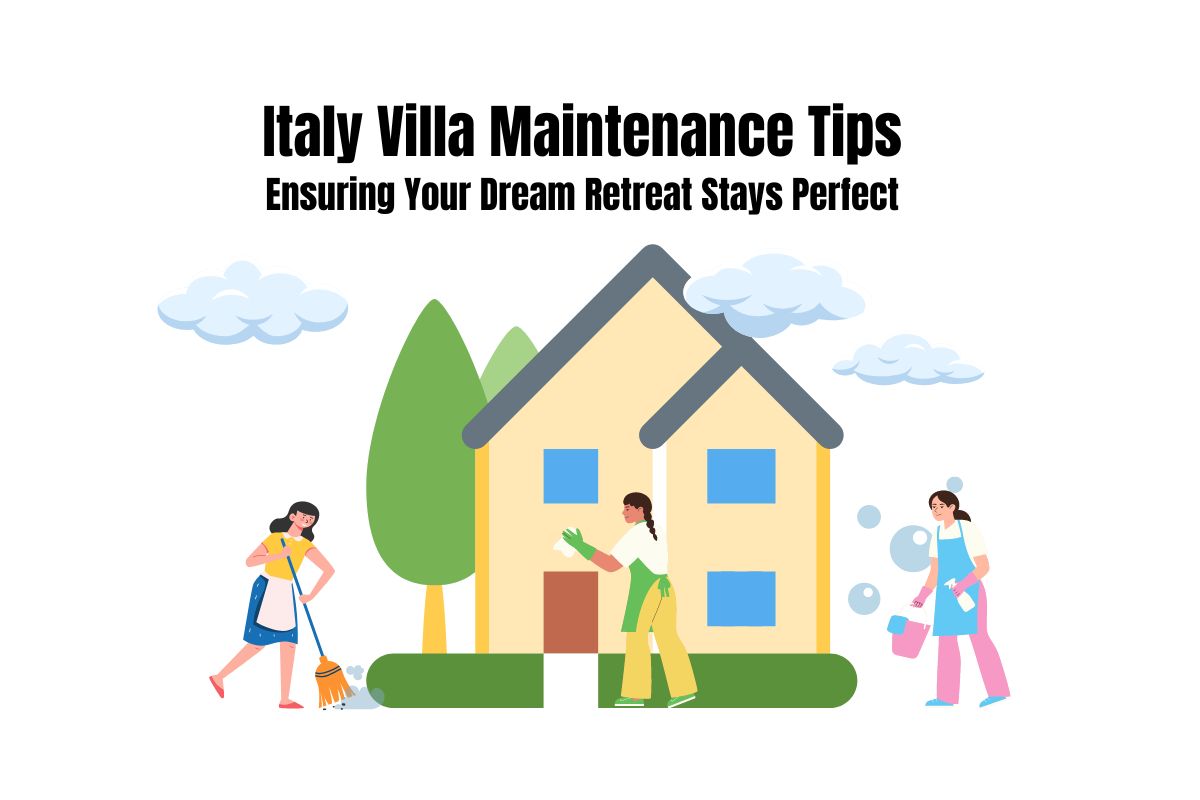
0 Comment